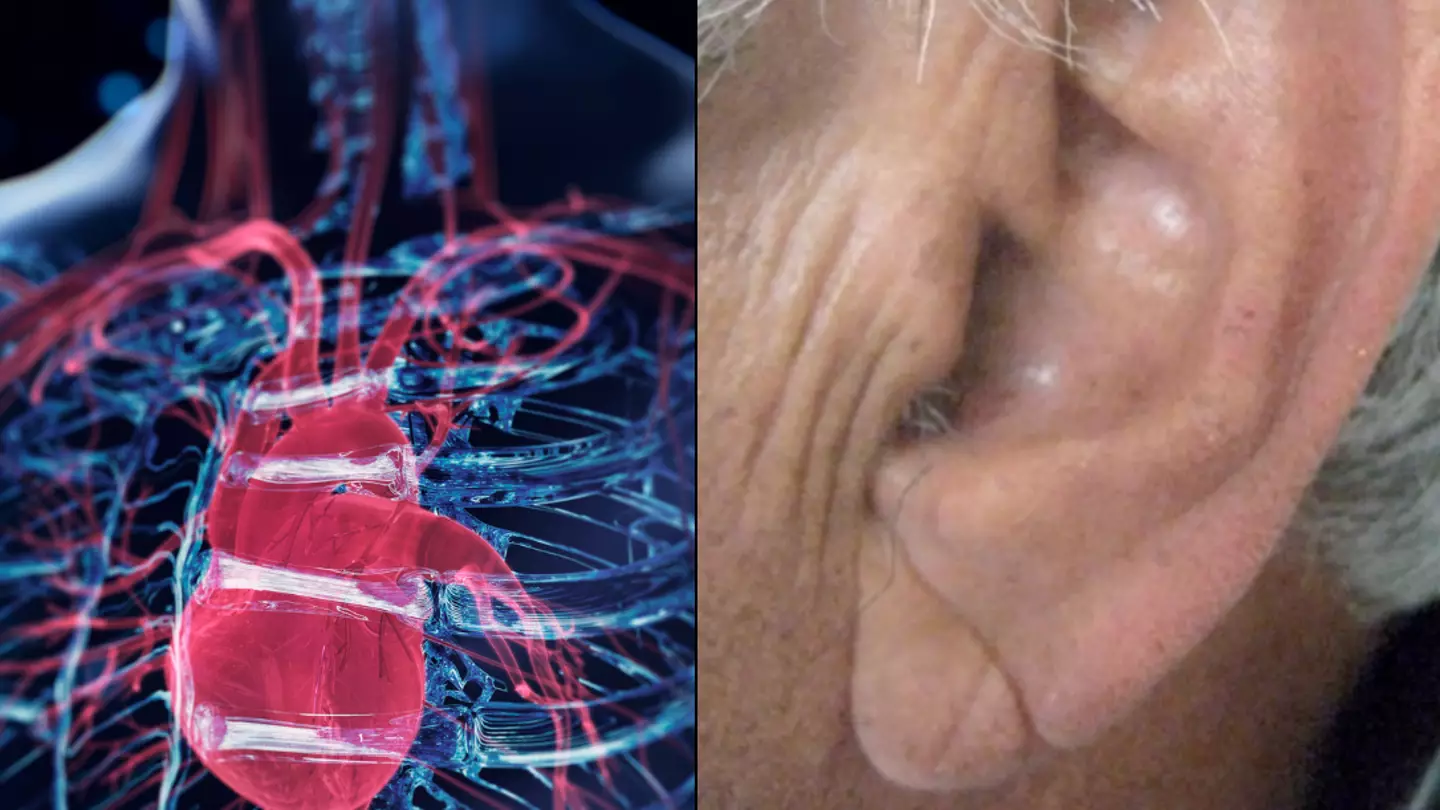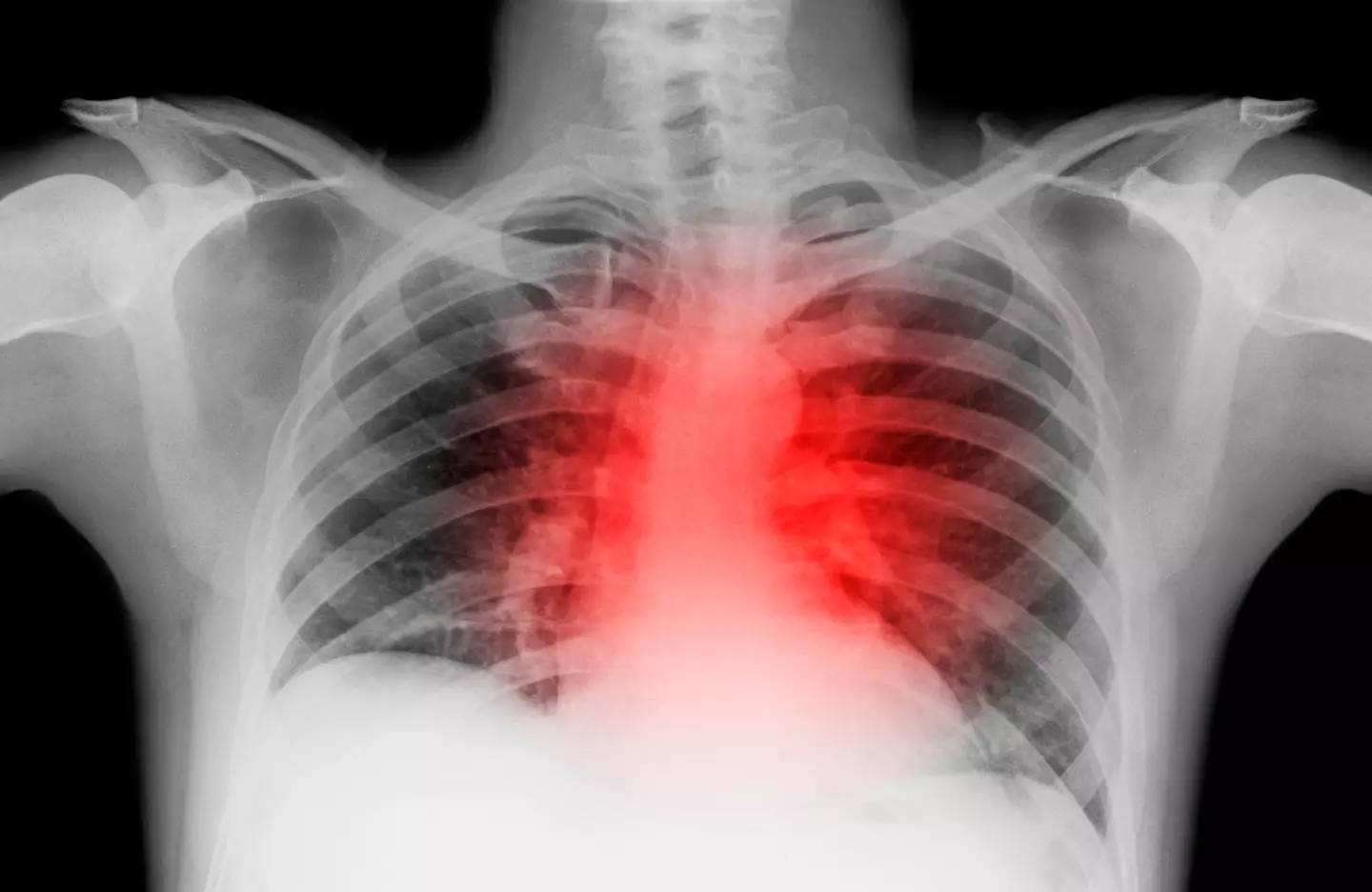
Sometimes, noticing something different or unusual can indicate that there's something not quite right within our bodies.
For example, experiencing pain, or finding a strange lump can often merit a trip to the doctor.
But did you know that having a distinct mark on your earlobe could also be a sign that something might be up?
In fact, it can possibly indicate poor cardiovascular health - in other words, issues related to the heart and blood vessels.
Advert

The sign was first discovered in 1973 by a man named Sanders T. Frank, and as such, it's referred to as 'Frank's sign' and is characterised by a diagonal crease in the earlobe.
The fold - also referred to as 'diagonal earlobe crease (DELC)' - extends from the tragus towards the far side of the earlobe and is believed to occur from the loss of elastic fibres within the skin.
However, many studies have noted the presence of the unusual mark in those with cardiovascular issues, such as heart disease and atrial fibrillation, a condition which causes an irregular heartbeat.
It's not currently clear why those at risk could develop the crease, as Medical Today notes that the exact connection between DELC and CAD requires further research, but one study from 2022 found that 78 per cent of 50 patients who suffered a fatal heart attack also had the mark on their earlobe.
Advert
Although, a 2024 study concluded that DELC is 'independently associated with higher cardiovascular risk', and individuals who had the 'longest and deepest diagonal earlobe crease' were at a significantly higher risk, with the risk seemingly increasing solely based on the deepness of the crease.
.jpg)
Meanwhile, another study found that patients with DELC and coronary artery disease had a 'significantly higher risk of atrial fibrillation than patients with coronary artery disease and without DELC'.
It also found that the presents of an earlobe crease 'predicted the development of atrial fibrillation in patients with coronary artery disease', while, according to another study in the Journal of Clinical Medicine, the crease has also been 'reported to be a predictor of major adverse cardiac events in patients with known coronary artery disease'.
"Our findings suggest that DELC might serve as a useful visible predictor of AF in patients with CAD," the authors said.
Advert
Speaking about earlobe creases and the association with cardiovascular health, Tim Chico, Professor of Cardiovascular Medicine at the University of Sheffield said: "Cardiovascular disease isn't just something that affects the heart, it affects all the blood vessels around the body and all organs.
"It increases the risk of heart attacks and stroke but also kidney disease and even dementia.
"If we see DELC in a patient, it doesn't change the advice we give. You reduce the risk by not smoking, maintaining a healthy weight, eating a balanced diet and exercising regularly."
Topics: Health
